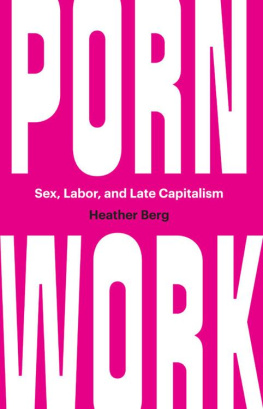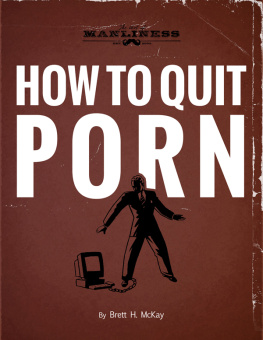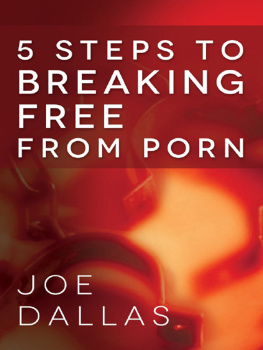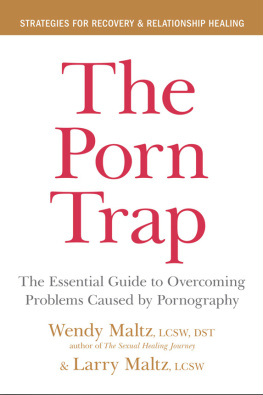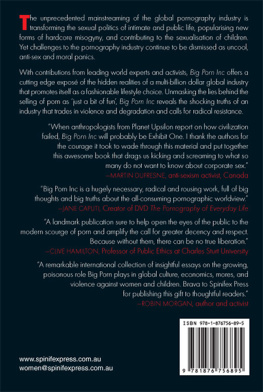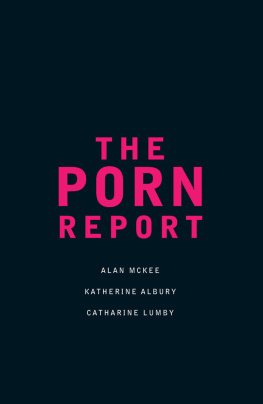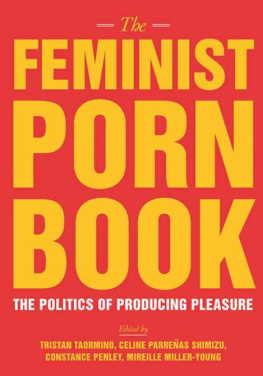Porn Work
Porn Work
Sex, Labor, and Late Capitalism
Heather Berg
THE UNIVERSITY OF NORTH CAROLINA PRESS
Chapel Hill
2021 Heather Berg All rights reserved
Manufactured in the United States of America
The University of North Carolina Press has been a member of the Green Press Initiative since 2003.
LIBRARY OF CONGRESS CATALOGING-IN-PUBLICATION DATA
Names: Berg, Heather, author.
Title: Porn work : sex, labor, and late capitalism / Heather Berg.
Description: Chapel Hill : University of North Carolina Press, [2021] | Includes bibliographical references and index.
Identifiers: LCCN 2020044097 | ISBN 9781469661919 (cloth ; alk. paper) | ISBN 9781469661926 (paperback ; alk. paper) | ISBN 9781469661933 (ebook)
Subjects: LCSH: PornographyUnited StatesEmployees. | PornographyEconomic aspectsUnited States. | Sex workersEconomic aspectsUnited States. | Capitalism.
Classification: LCC HQ471 .B467 2021 | DDC 306.77/10973dc23
LC record available at https://lccn.loc.gov/2020044097
Contents
Table
Porn Work
Introduction: Porn Work against Work
Ive worked my entire life, and this is so much better.
Tara HolidayIve enjoyed it and hated it.... It worked for me in that I was able to survive. It was fun.
Herschel SavageFuck overtime! Id rather be on overtime humping a hot dude or chick.
Ana FoxxxEvery porn scene is a record of people at work. Sometimes it is also something else. Enjoying it and hating it, the workers I interviewed for this book situate porn at the intersection of life and work, pleasure and tedium, entrepreneurial hustles and waged labor. Sometimes, porn work is a way to refuse other ways of making a livingfuck overtime!and others it feels much the same. Again and again, porn workers told me that they left straight (non-sex-work) jobs for porn because they hated working. But most also confirm veteran porn publicist Dominic Aces assessment that this is a job, this is a gig. Are you gonna get used? he said. Everybody gets used in one way or another. Whether youre a secretary, a janitor, whatever. The difference here is its sex. Porn work is work and work that at once offers ways to subvert the harms of straight jobs and reproduces them.
After we talked about wages, connecting with scene partners, policy, and how porn performance is a lot like working in a bookstore, performer, author, and activist Conner Habib paused to trouble the work language I was using. I dont like the worker part, Habib told me. Ill use porn star, thats fine. I like being a constellation instead of a laborer.Porn Work maps porn at the nexus of these realities.
Porn work reveals deep contradictions at the core of (late) capitalism: Workers exit traditional jobs in search of autonomy but often find precarity on the other side. Pleasure makes work livable but also gets us to do more of it. The authenticity we seek in sex and work can be sold off for parts, and it can also be sustaining. Workers organize against the twin forces of state surveillance and neglect. And solidarities break down when workers escape managerial control by becoming managers themselves. If these tensions are familiar to thinkers and doers of straight work, this is because porn work is not exceptional.
Instead, the conditions porn workers have long experienced are exactly those heralded as the most striking developments in this economic moment: intimate life is increasingly brought to the market; individual workers, rather than employers or the state, assume the economic and health risks of doing business; and a hypermobile gig economy is eclipsing more stable ways of working. The difference here is, as Ace suggests, sex, and that difference brings both particular vulnerabilities and resourcesintensified state violence and stigma on the one hand and the potential for pleasureful refusal on the other. The new economy is not newporn workers have been living in it for decades. They have found ways to hack and reshape its conditions for as long.
Against the scholarly tendency to treat porn as a text and the wage relation as a given, Porn Work centers on workers creative approaches to class struggle. This is another place in which porn is not quite like straight jobs: Workers here are often craftier than those in straight jobs and have a less romantic analysis of work under capitalism. Their ways of intervening in it are not always transformativesometimes intervening means ascending hierarchies rather than dismantling thembut they do highlight the contradictions and the stakes. A porn work lens makes for a sharper anti-capitalist feminist critique, not just a more inclusive one.
Porno Dialectics
Habibs position on the work question would shift in the years after our first meeting, and he would become more interested in craftily appropriating the language of sex work than rejecting itas long as we misuse work, we can erode it, he later said. Most were current workers when we interviewed in the 2010s, and this book focuses on their strategies for intervening in present conditions.
Feminist researcher-activists Precarias a la Deriva ground their research on precarious workers in these questions: What is your precarity? What is your strike? Conditions that grind can also sharpen our teeth.
Porn Work draws from an expansive archive of struggle. In spite of multiple barriers to organizingtheir independent contractor status, the itinerant nature of the work, fierce competition for castings, and the threat of retaliationporn performers have for decades engaged in collective action. They have formed worker groups modeled on labor unions and ones focused on education and mutual support. Porn workers intervene in more subtle ways, too, manipulating the conditions of porn work to maximize earning potential, resist burnout, and otherwise exert control over their work lives. They develop creative strategies for navigating emotional intimacy. They figure out ways to manage managers, negotiating working conditions in an atmosphere loaded with gendered and racist hierarchy. They learn to perform intense physical labor while minimizing its toll on the body. They make independent contractor status work to their benefit by producing (and hence reaping profits from) their own material. They use paid scenes as advertisements for other income-generating work in porns satellite industries. And they use porn as a way to avoid more tedious, more extractive, and often less remunerative work elsewhere.
Before porno dialectics as a conceptual tool came my commitment to taking workers seriously when they say that these interventions matter. Dialectical thinking was the best way to make sense of what came next. In my practice, this meant, first, that if workers told me that a form of pushback makes a difference for them, this is enough evidence that it counts. And second, it meant understanding contradiction as a resource rather than a limitation. Dialectical thinking recognizes a range of tactics, misuses, and forms of community that intervene in the wage relation, and it resists ranking these. Building a theoretical core for this book meant putting interviewees in conversation with other thinkers equipped to the task.
I draw from differently situated schools of thought committed to thinking about power as constantly under revision rather than static. Marxists talk about this in terms of dialectical materialism, the idea that social life is defined by ongoing conflict between workers and those who profit from their labor. A materialist analysis of porn reveals workers as also locked in struggle with the forces that try to make paid sex dangerous or impossible: the state, internet police, and concerned outsiders who want to end demand for sex work in the first place. This, too, is a classed dynamicas Silvia Federici has long argued, independent sex work is a problem for a capitalist state that hopes to compel waged straight work and free hetero sex. A producer funds a scene in hopes of making money from sex workers performance labor, but workers may profit more in the long run, having transformed that scene from (only) a site of extraction into (also) an advertising opportunity. Internet censorship tries to isolate sex workers but confronts networks that cross digital borders and workers who find loopholes at every turn.

